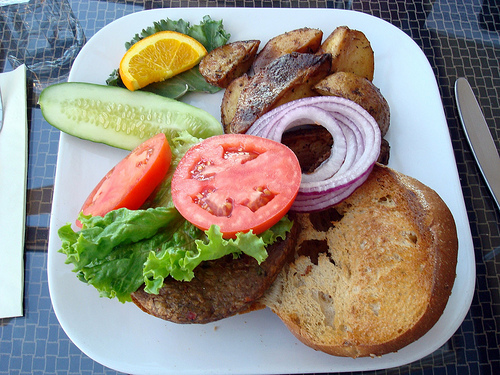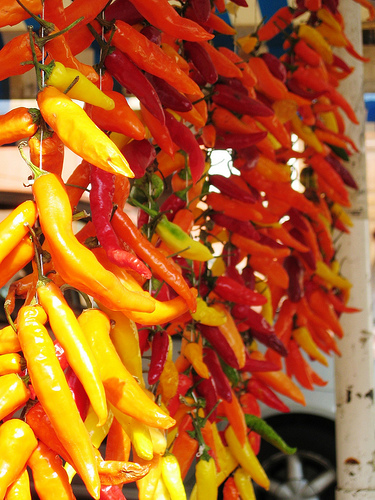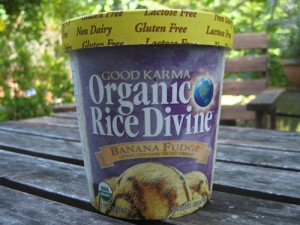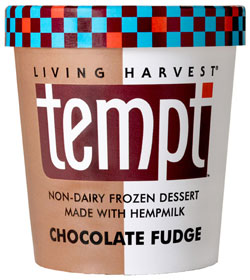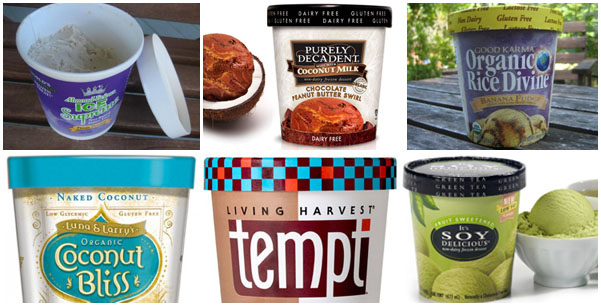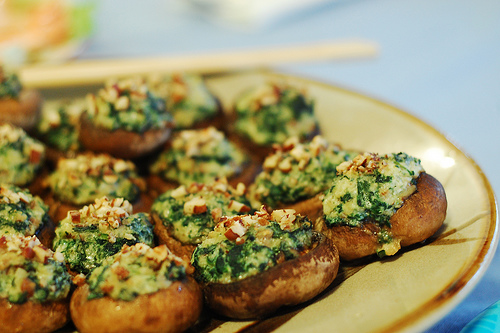Table of Contents
If you’re looking to make healthier lifestyle choices, both the vegan and Mediterranean diets often rank high in terms of health benefits.
Although they are both considered beneficial for human health, these two diets have distinct features and benefits.
This article provides a comprehensive comparison to help you decide which suits your nutritional needs better.
Quick Answers
Are Vegan and Mediterranean diets the same?
No, vegan and Mediterranean diets are not the same. The main difference lies in the foods they include and exclude. A vegan diet avoids all animal products, while a Mediterranean diet includes fish, dairy, and even low amounts of red meat.
If something is vegan, does that mean it’s also Mediterranean Diet Friendly?
No, if something is vegan, that doesn’t mean it’s also Mediterranean diet friendly. Vegan diets exclude all animal products, while a Mediterranean diet may include fish, dairy, and even some red meat.
If something is Mediterranean diet friendly, does that mean it’s also vegan?
No, if something is Mediterranean, that doesn’t mean it’s also vegan. That is because the Mediterranean diet includes animal products like fish and dairy, which are absent in a vegan diet.
Overlap of Vegan and Mediterranean Diets
The vegan and Mediterranean diets share similarities that may make them attractive options for those looking to maximize health benefits, minimize environmental impact, and align with ethical considerations.
Diet & Health Overlap
Both diets focus on whole foods and emphasize consuming fruits, vegetables, and healthy fats. Research indicates that both diets effectively reduce the risk of heart disease, improve insulin sensitivity, and manage weight.
Notably, a systematic review of studies reveals better cardiovascular and overall health outcomes in participants of both diets compared to control groups.
Environmental Overlap
Both diets also have a positive impact on the environment. Adopting either diet can reduce carbon footprint compared to diets rich in red meat and animal fats.
This is supported by research in a study published in the International Journal of Environmental Research and Public Health, which indicates that plant-based and fish-inclusive diets like the Mediterranean have lesser environmental impact.
Ethical Overlap
The vegan diet is primarily adopted for ethical reasons, focusing on eliminating animal suffering. The Mediterranean diet also considers the ethical treatment of animals, particularly fish, and encourages sustainable farming practices.
Foods That Are Both Vegan And Mediterranean Diet Friendly
While each diet has unique offerings, there’s a substantial overlap in food categories, making it easier to incorporate elements of both diets into your lifestyle.
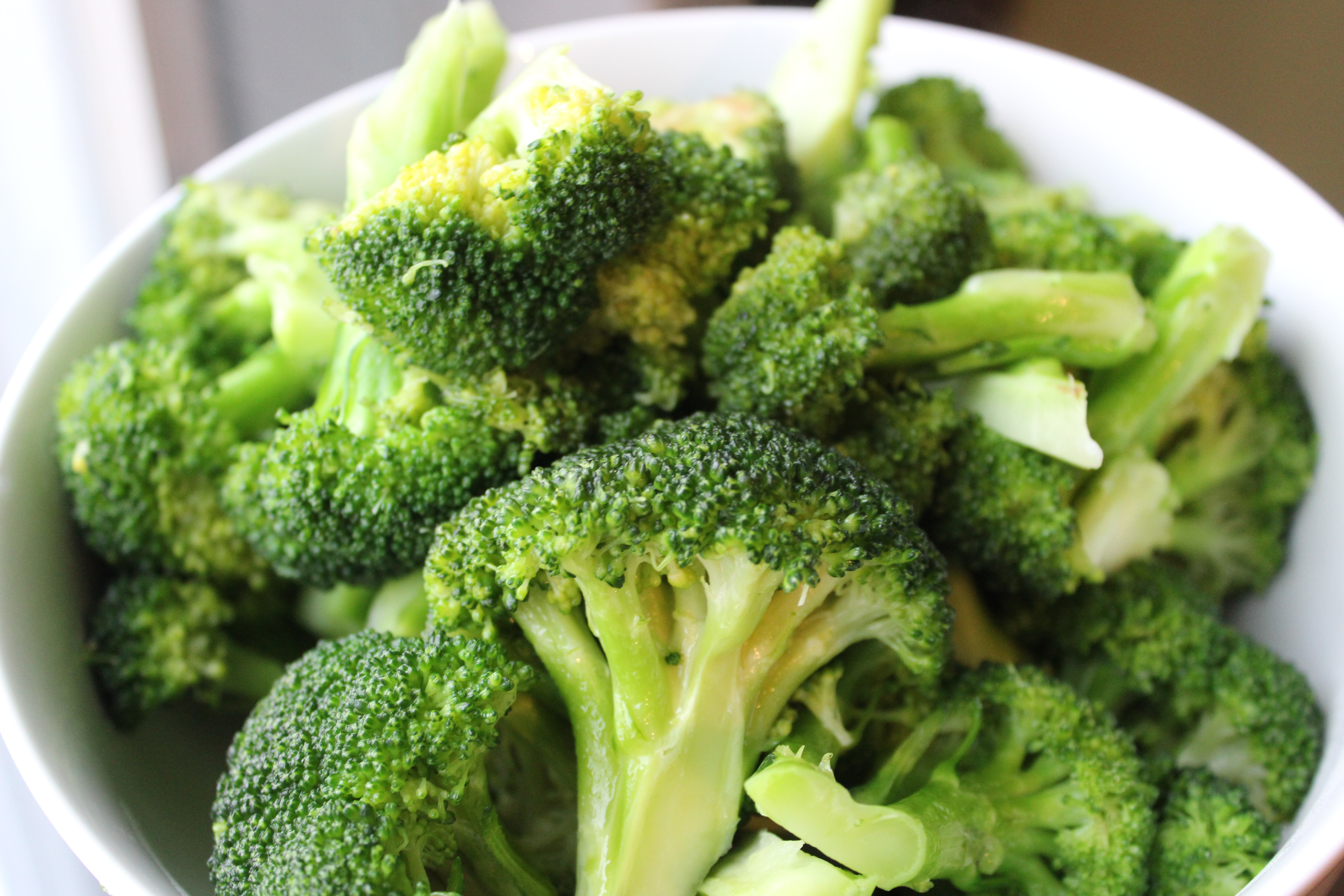
Vegetables
Vegetables are a staple in both vegan and Mediterranean diets. They are nutrient-dense and low in calories, promoting good health regardless of diet. Examples of shared vegetables include bell peppers, broccoli, carrots, cucumbers, and zucchini.
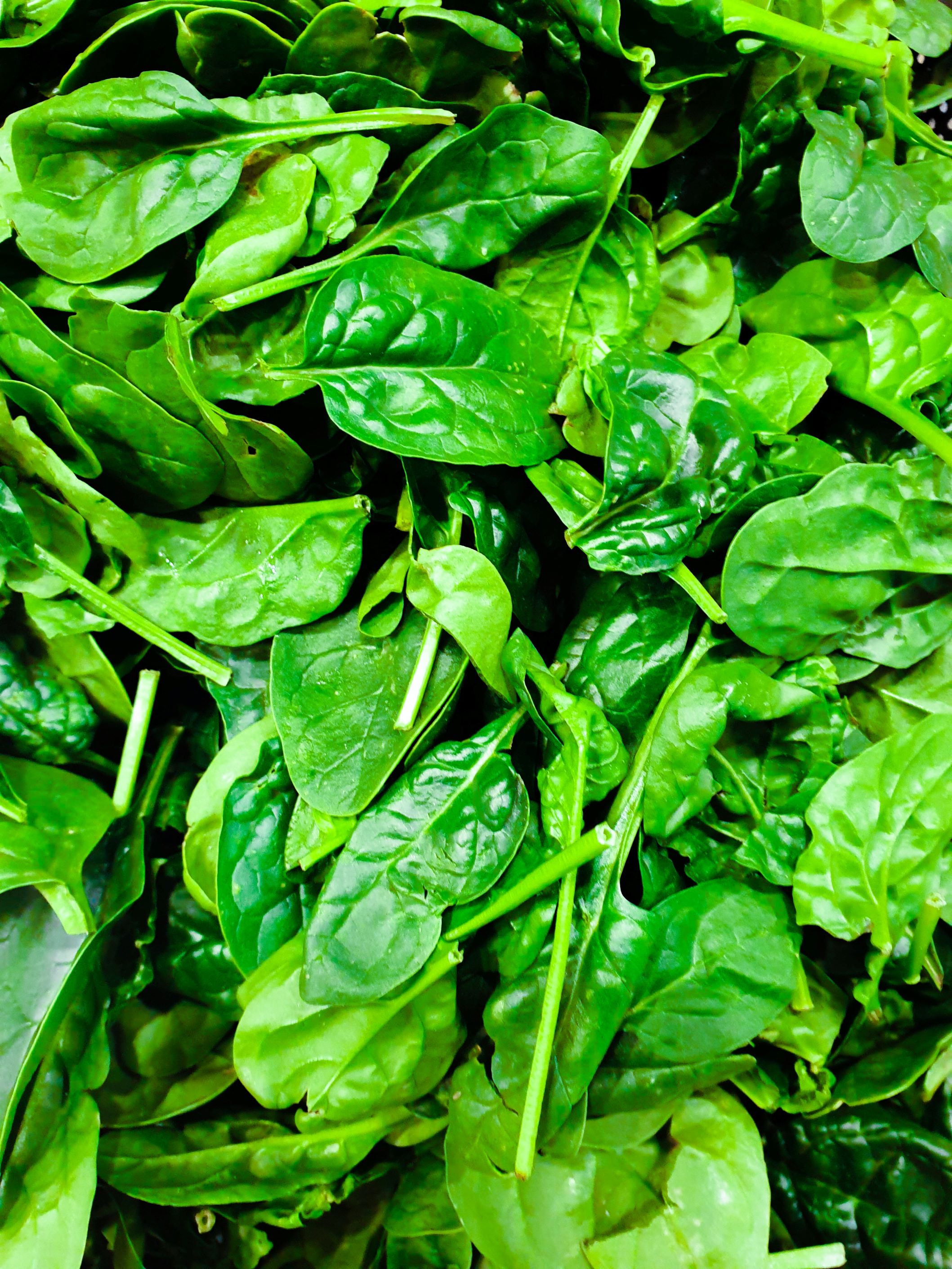
Leafy Greens
Leafy greens like spinach, kale, and arugula are rich in essential nutrients and fit well in both diets. They are especially important for cardiovascular health benefits, supported by numerous research studies.
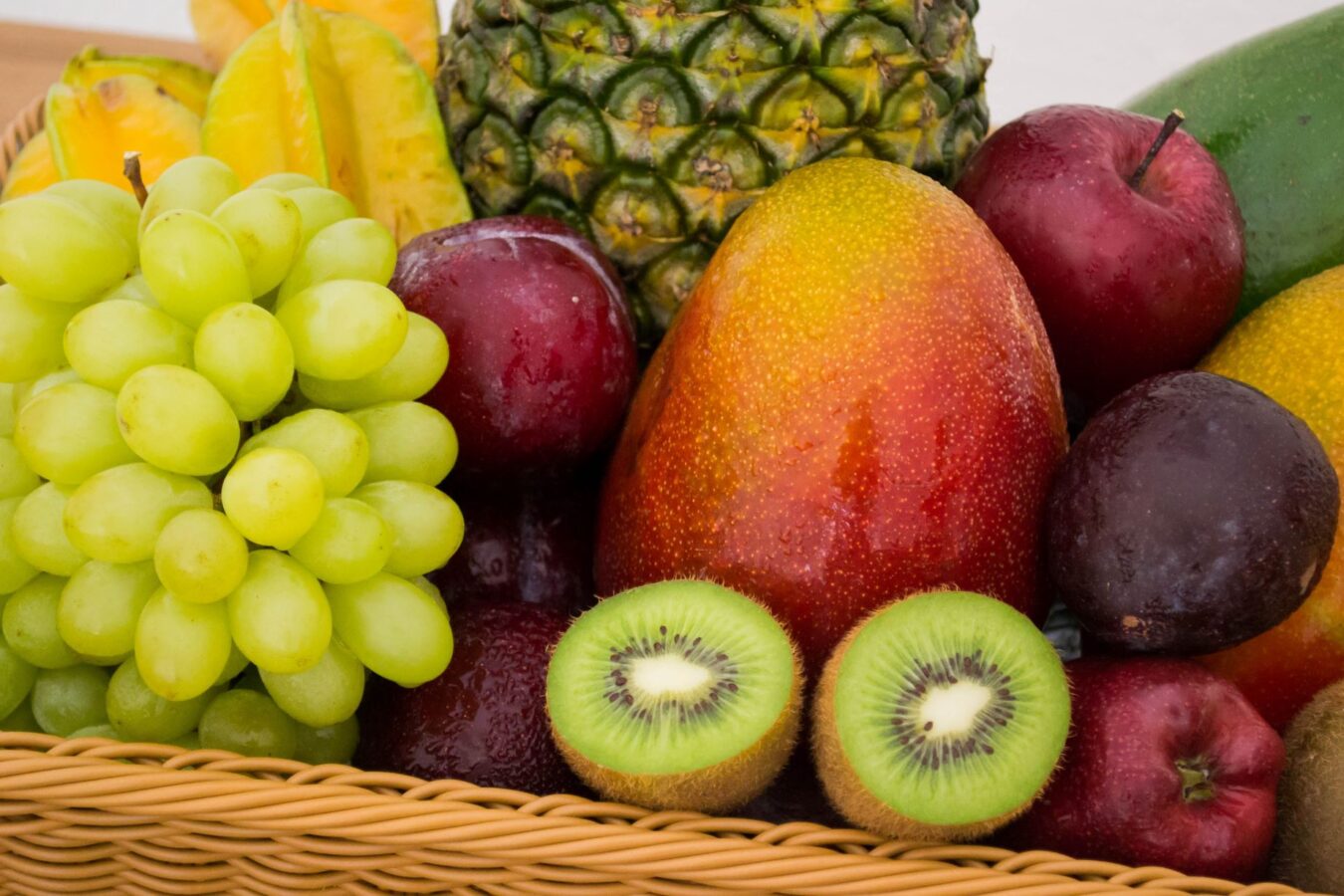
Fruits
Fruits like apples, oranges, and berries are common to both diets and are a great source of essential nutrients and antioxidants. Both diets encourage the consumption of fruits for better health outcomes.
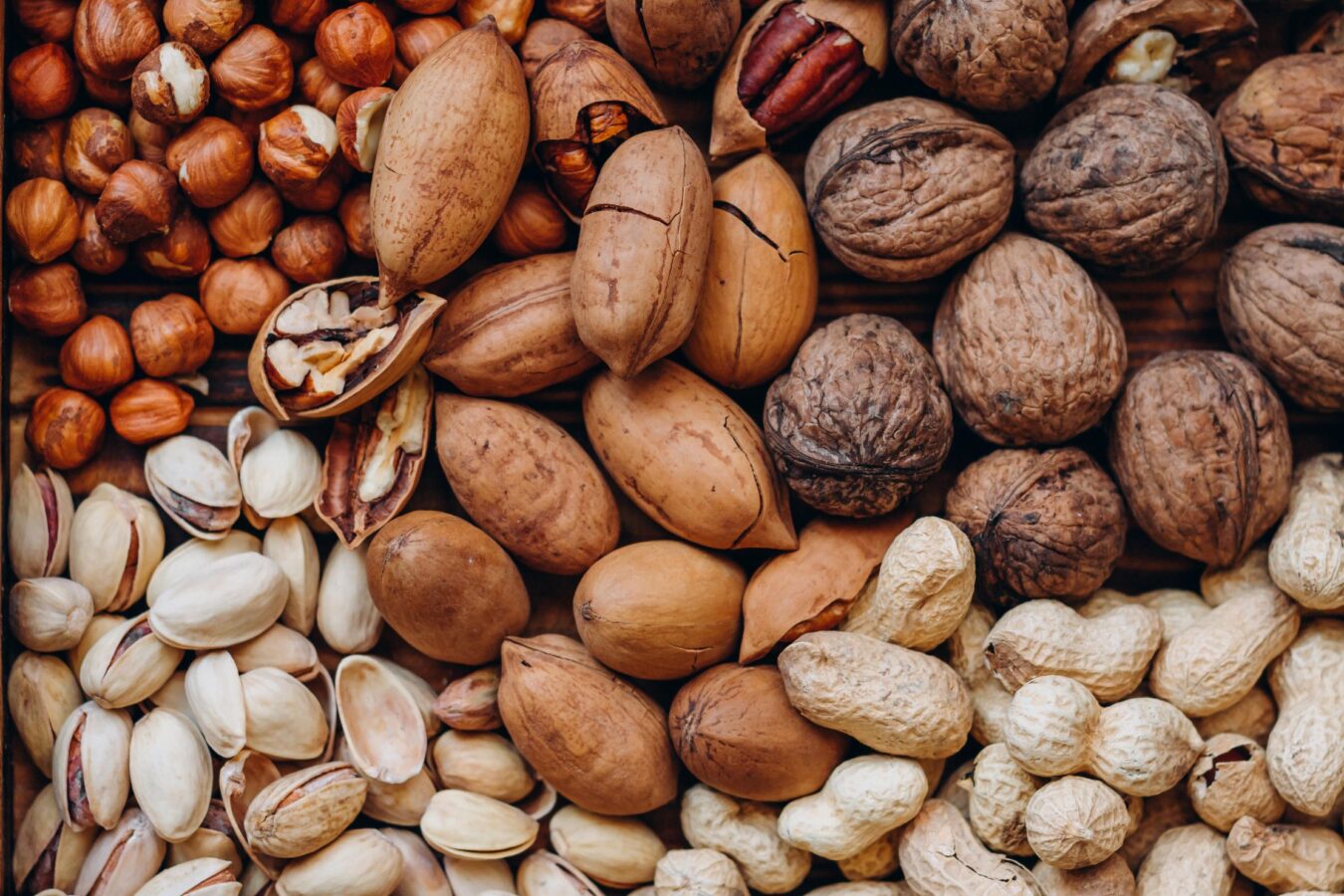
Nuts & Seeds
Nuts like almonds and walnuts and seeds like chia and flaxseeds are incorporated into both diets. These foods are high in healthy fats and have been shown to aid in weight loss and improve heart health.
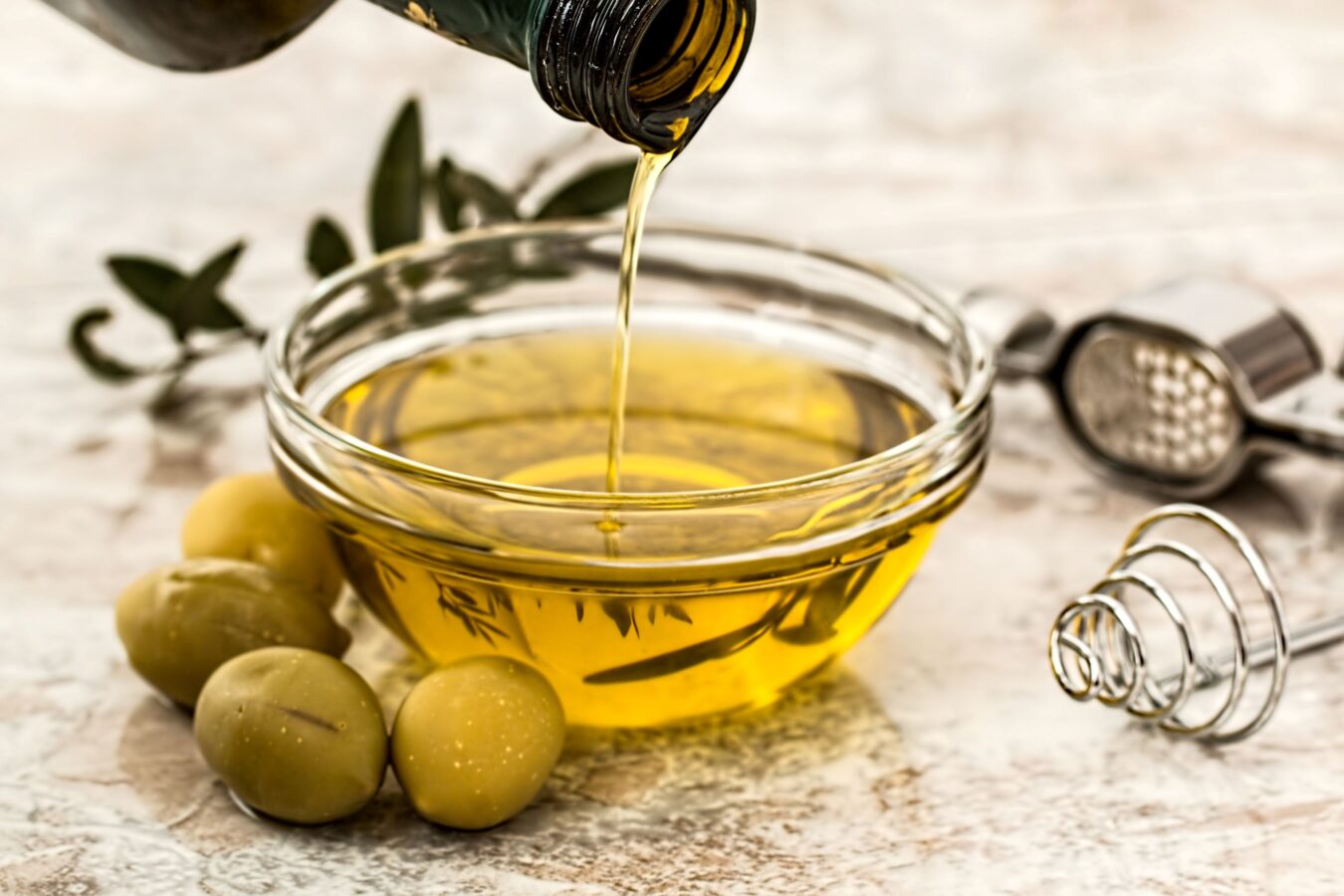
Oils
Olive oil, particularly extra virgin olive oil, is a key component of the Mediterranean diet and is also acceptable in a vegan diet. Oils in both diets are lauded for their health benefits, including improved cardiovascular health and better control of cholesterol levels.
By understanding these overlaps and differences, individuals can make more informed choices that align with their health goals, ethical beliefs, and environmental considerations.
Understanding Mediterranean Diets
The Mediterranean diet is a way of eating inspired by the traditional cuisines of countries bordering the Mediterranean Sea.
This diet has gained much attention for its numerous health benefits, including improved heart health, weight loss, and better blood pressure and cholesterol level control.
According to numerous studies, including systematic reviews published in journals like the Journal of the American College of Nutrition, the Mediterranean diet is one of the best ways to meet nutritional needs and improve long-term health outcomes.
Common Mediterranean Diet Foods
Vegetables: Not all vegetables are created equal, but a wide range is acceptable in the Mediterranean diet. Staples include bell peppers, tomatoes, zucchini, and leafy greens like spinach and kale.
Fruits: While all fruits are generally acceptable, some commonly consumed in the Mediterranean diet are olives, grapes, oranges, and figs.
Legumes: Legumes are an important part of this diet, including lentils, chickpeas, and various kinds of beans.
Nuts and Seeds: All nuts and seeds are acceptable, but almonds, walnuts, and sunflower seeds are particularly popular.
Whole Grains: Whole grains are emphasized, with foods like whole-grain bread, brown rice, and barley often featured.
Lean Meat: Fish and poultry are the most commonly consumed lean meats in this diet, although red meat is not entirely excluded; it’s consumed in lower amounts.
Oils: Extra virgin olive oil is the most prominently used oil, known for its benefits and improved cardiovascular health.
Herbs & Spices: All herbs and spices are generally acceptable, but rosemary, oregano, and thyme are traditional choices that add flavor without extra salt or fat.
The Mediterranean diet is not just a diet; it’s a lifestyle that encourages eating meals with family and friends, enjoying life, and being physically active. Researchers and authors have praised the diet’s positive impact on human health and its low environmental footprint, making it a wholesome choice for those looking to improve their health and the planet.
Vegan Foods That Are Not Mediterranean Diet Friendly
While vegan and Mediterranean diets share a focus on fruits, vegetables, and plant-based foods, they also have some distinct differences.

Processed Vegan Foods
Vegan diets may include processed foods like vegan cheese, plant-based meat alternatives, and vegan junk food. These processed foods meet the strict rules of veganism by avoiding animal products. Still, they are generally avoided in a Mediterranean diet, emphasizing whole foods and minimizing processed items for better health outcomes.
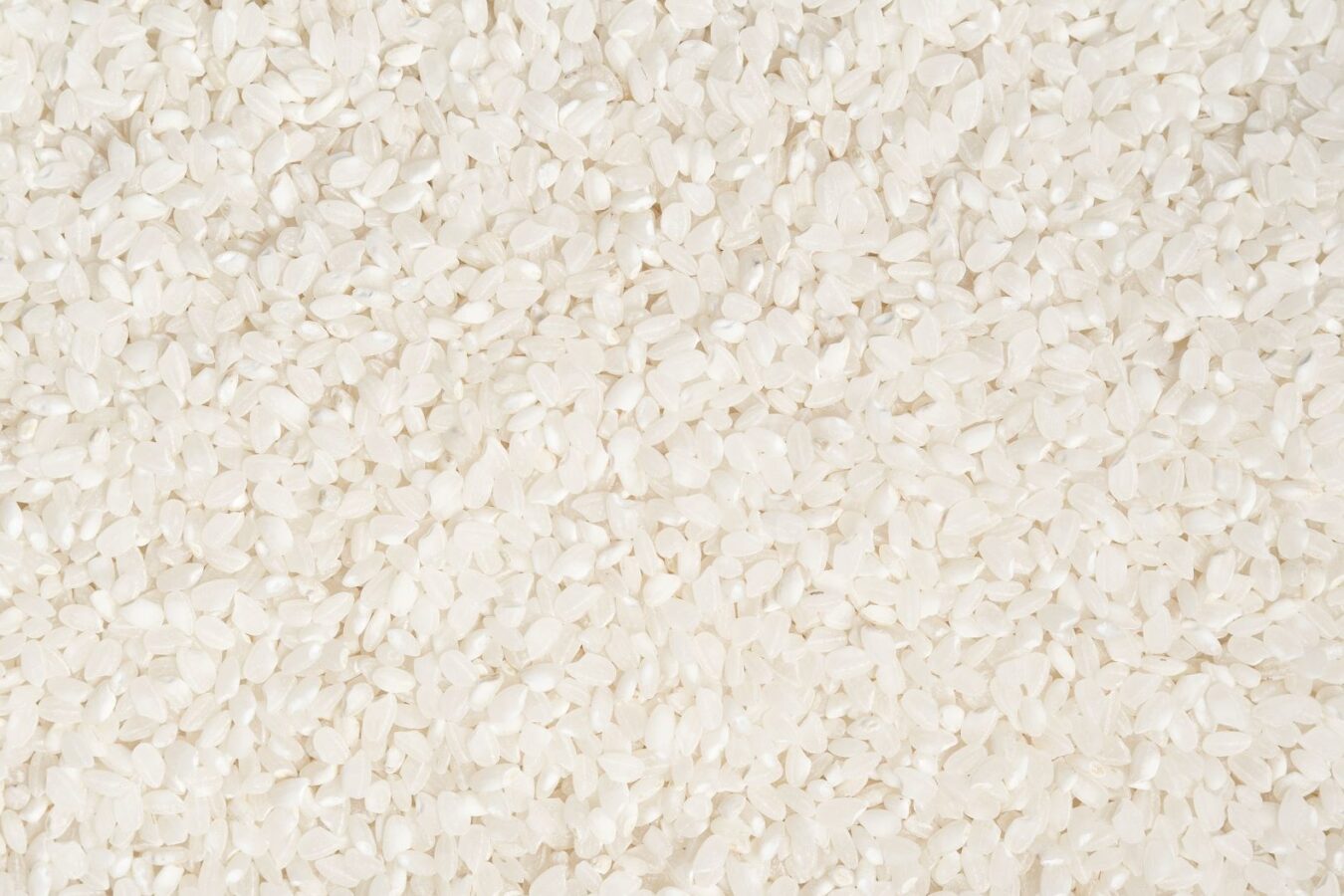
Refined Grains
Vegans may consume refined grains like white bread or white rice, which still meet the animal-free criteria. However, the Mediterranean diet usually avoids these in favor of whole grains, which are more nutrient-dense and have a lesser impact on blood sugar levels.
Understanding Vegan Diets
The vegan diet is based on the principle of avoiding all animal products. According to multiple studies, it’s a plant-based diet that offers a range of health benefits, such as body weight loss, improved heart health, and better insulin sensitivity.
Common Vegan Foods
Vegetables: All vegetables are acceptable on a vegan diet.
Fruits: All fruits are acceptable.
Legumes: Beans, lentils, chickpeas, and peas are all good choices.
Nut Butter and Nuts: Almonds, walnuts, and nut butters.
Seeds: Chia, flax, and hemp seeds are common.
Grains: A wide variety, from quinoa to oats and barley.
Plant-based Proteins: Tofu, tempeh, and plant-based meat alternatives are popular.
Plant-based Milk: Choices include almond, oat, and soy milk.
Plant-Based Oils: Olive, coconut, and avocado oils are commonly used.
Herbs & Spices: All are acceptable, including nutritional yeast and soy sauce.
Can A Vegan Diet Be Mediterranean?
Yes, a vegan diet can be adapted to incorporate Mediterranean principles by emphasizing whole grains, fruits, vegetables, and healthy fats while avoiding processed and refined foods.
Mediterranean Diet Foods That Are Not Vegan
While the Mediterranean and vegan diets have many overlaps, particularly regarding plant-based foods, there are also key differences. Below are some food categories integral to a Mediterranean diet but not part of a vegan diet.

Meat
Meat, particularly lean meats like chicken and turkey, is consumed moderately in the Mediterranean diet. It is, however, completely absent in a vegan diet, which avoids all animal products. Examples include grilled chicken, lamb, and lean cuts of pork.
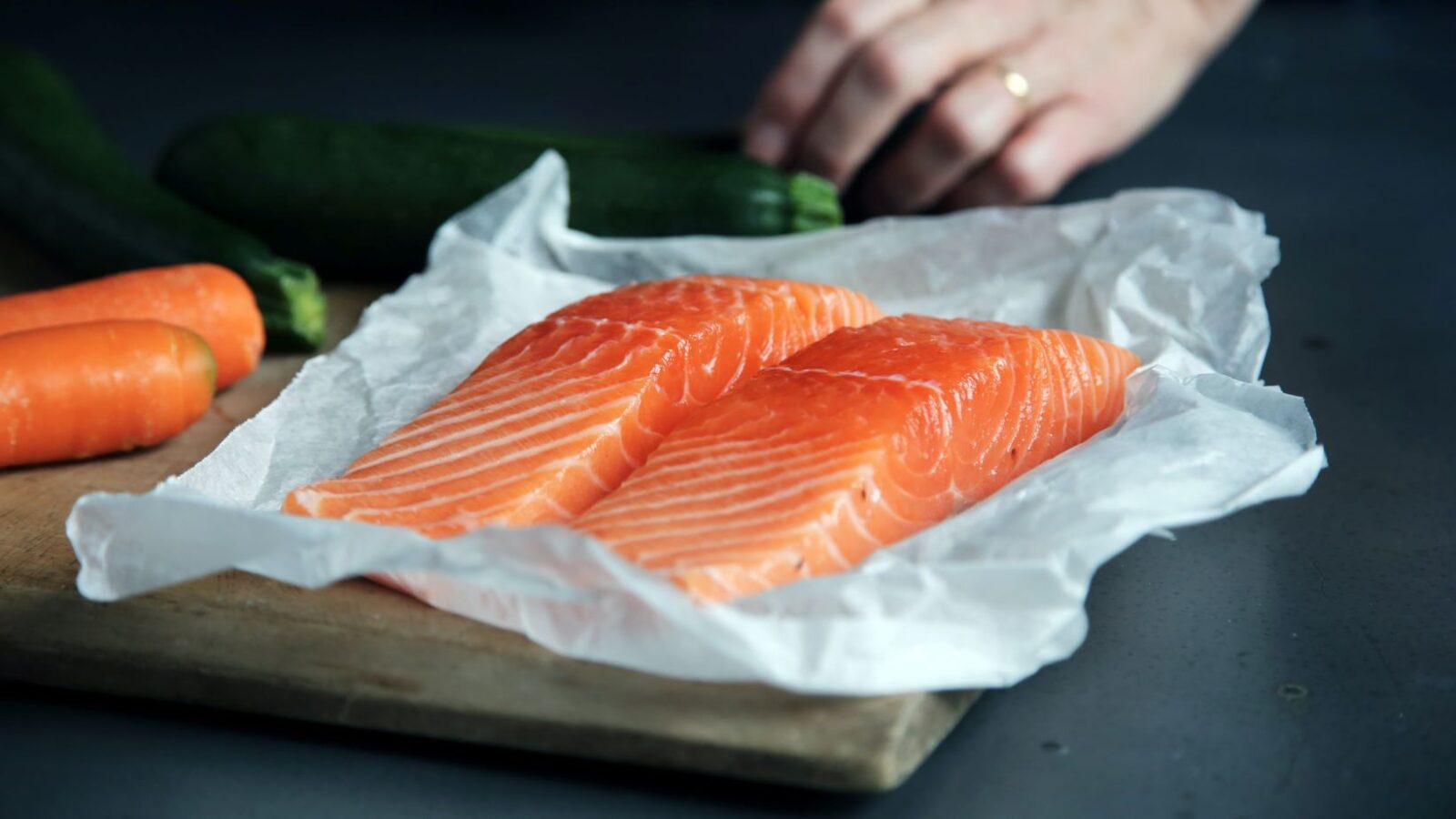
Fish & Seafood
Fish and seafood are cornerstones of the Mediterranean diet and are considered good sources of protein and omega-3 fatty acids. These include items like salmon, sardines, and shellfish. On the other hand, a vegan diet excludes all animal-based foods, including fish and seafood.
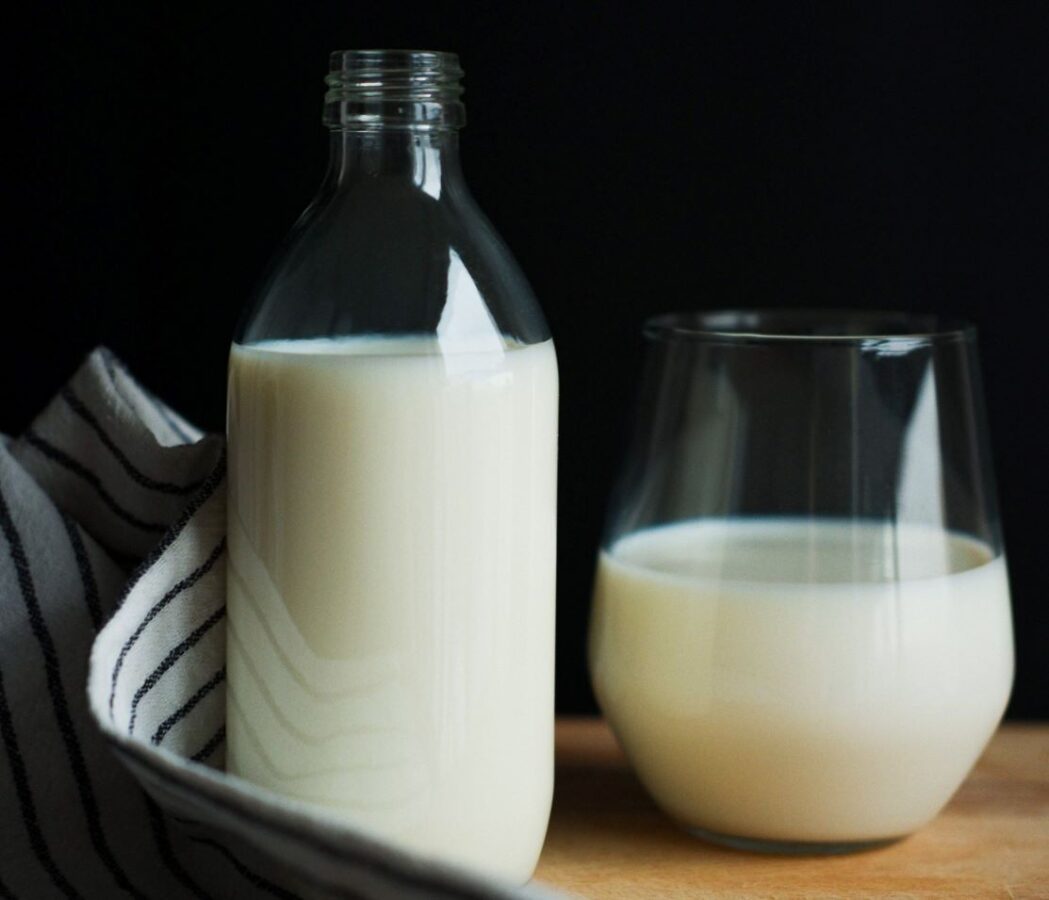
Dairy Products
Dairy products like yogurt, cheese, and milk are often incorporated into the Mediterranean diet, as they are rich in calcium and protein. Low-fat versions are often preferred. However, vegan diets replace these with plant-based alternatives like almond milk, coconut yogurt, and vegan cheese.
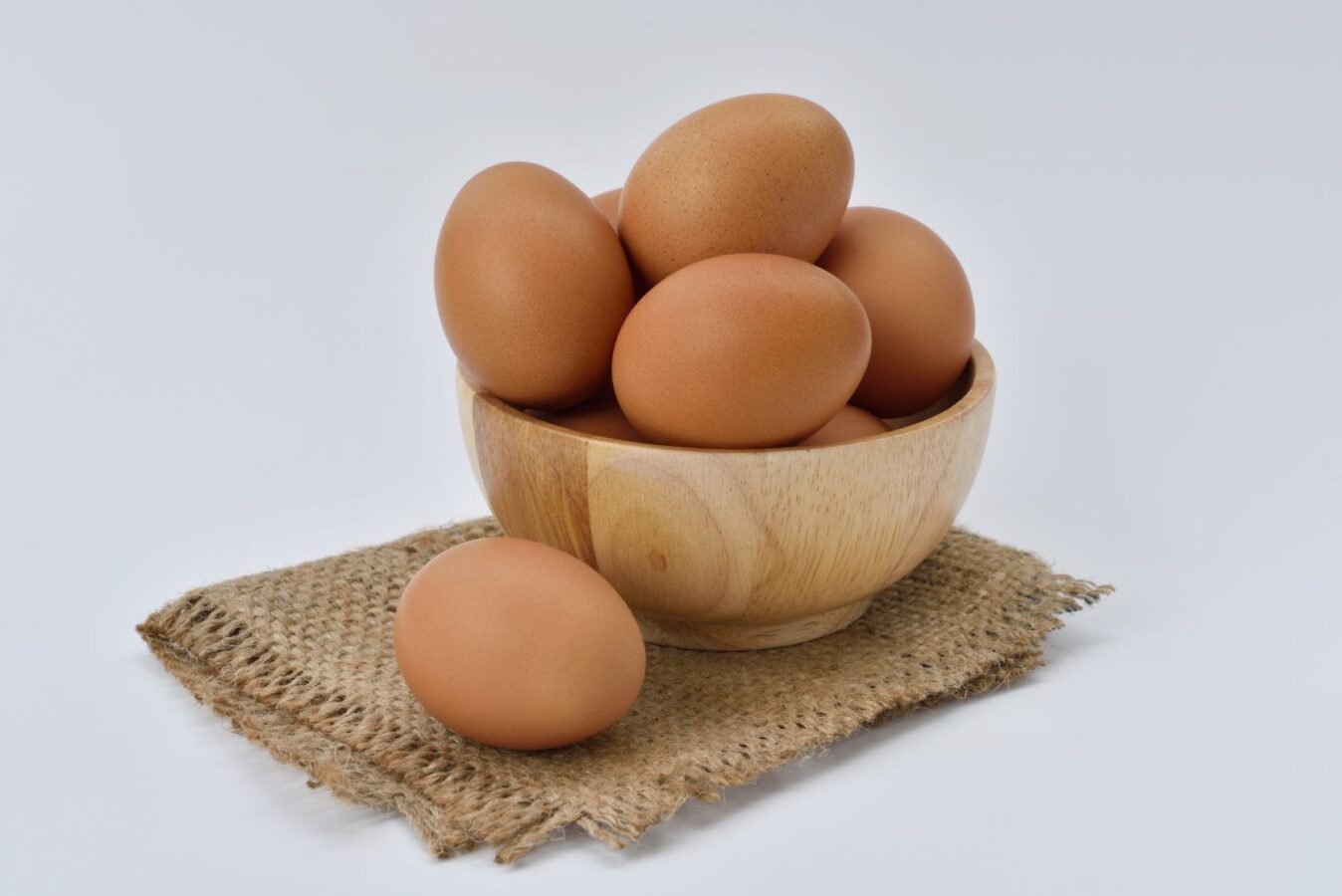
Eggs
Eggs are another protein source in the Mediterranean diet used in various dishes. Whether in a breakfast omelet or as a hard-boiled snack, eggs are a versatile food in this diet. Vegan diets exclude eggs, opting for alternatives like tofu scramble or chia seeds as a binding agent in recipes.
These distinctions are crucial for understanding how these diets meet different dietary and ethical objectives. While both focus on improving health markers, the Mediterranean diet includes animal products incompatible with a vegan lifestyle.
FAQ
Curious minds often have questions when comparing popular diets like vegan and Mediterranean. Here are some answers to frequently asked questions to guide you in making an informed choice.
Is a vegan or Mediterranean diet healthier?
Veganism and Mediterranean diets offer health benefits and can benefit your heart, weight, and overall well-being. The best diet for you depends on your specific health needs and lifestyle.
Which diet is more environmentally friendly?
Generally speaking, a vegan diet is considered more environmentally friendly as it requires fewer resources and produces fewer greenhouse gas emissions than diets that include animal products.
Can I get enough protein on a vegan Mediterranean diet?
You can get enough protein on a vegan Mediterranean diet through plant-based protein sources like legumes, nuts, and seeds. You can also include plant-based protein alternatives like tofu and tempeh.
Are there any specific health benefits to the Mediterranean diet?
The Mediterranean diet is known for its cardiovascular benefits, including reduced risk of heart disease / cardiovascular disease, lower blood pressure, and improved cholesterol levels. It also has been associated with improved brain function and longevity.
How can I combine vegan and Mediterranean principles for a balanced diet?
Combining vegan and Mediterranean principles is possible by focusing on plant-based foods common to both diets, such as vegetables, fruits, legumes, whole grains, and healthy fats like olive oil. This hybrid approach can offer a nutrient-rich, diverse diet that is ethical and beneficial for health.

